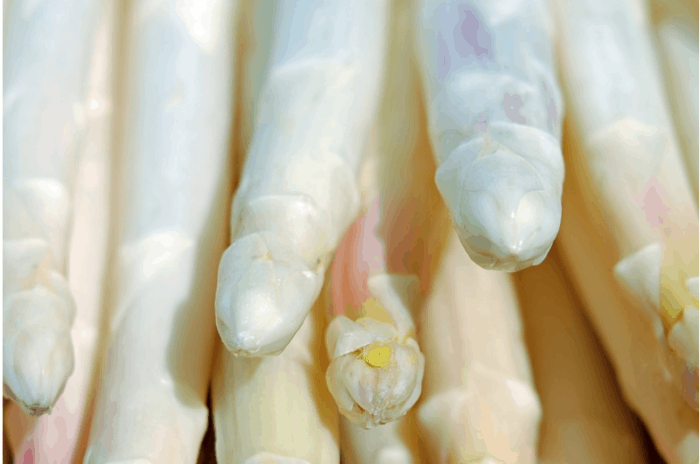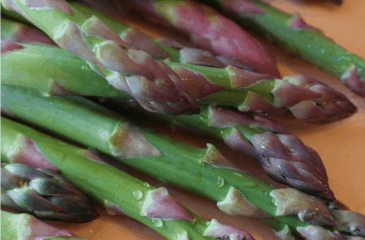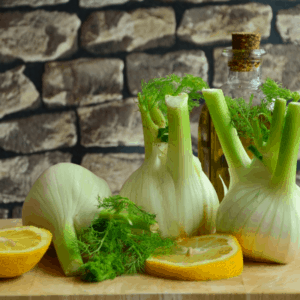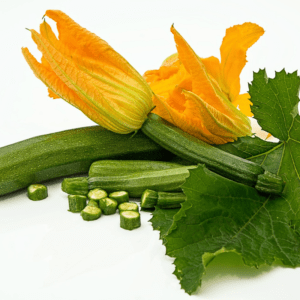This vegetable is cherished throughout Europe—so delicious, easily prepared, and versatile, it’s an elegant choice, and a down to earth one, too!
There are even festivals devoted to the asparagus, with all asparagus menus, and special dishes prepared.
Asparagus is a herbaceous rhizomatous plant; its thornless, upright and stout stems emerge from the earth in spring; left unpicked, they grow small white flowers that turn into red berries.
Being a rhizomatous plant, asparagus have a horizontal and underground root system (rhizome) often referred to as a crown, from which the edible shoots emerge.
Originally from Asia, asparagus is now widely cultivated in Europe, and in Northern and Central Italy.
There are more than 200 varieties, although four varieties are the most common: green asparagus, white asparagus, violet asparagus and wild asparagus.
Green asparagus: is the most common variety, and is delicious in a vast array of dishes and cuisines.
White asparagus: is much more delicate than the green, and characterised by a lack of chlorophyll due to the blanching technique with which the shoots are covered with soil as they grow.
Violet asparagus: has a delicate flavour and is cultivated in the Italian region of Liguria, especially in the area of Albenga.
Wild asparagus: these wispy, small shoots have an intense flavour; sublime in omelettes and salads, especially.
Whichever type you choose, Asparagus’s nutritional properties and benefits are great, especially its high content of mineral salts such as chromium, which regulates the ability of insulin to transport glucose from the bloodstream into cells, making asparagus an ally against type 2 diabetes.
Benefits from eating asparagus:
- high content in polyphenols, mineral salts and trace elements
- diuretic and purifying properties
- high satiety index
- excellent allies of the muscles as it contributes to fulfil the requirement for potassium necessary for the energy metabolism of our muscles
- calms coughs
- source of fibre, help to prevent constipation
- valuable source of vitamin C, A and group B vitamins
- improves insulin secretion and therefore glycaemic control
- rich in folate, an intestinal precursor of folic acid (or vitamin B9).








